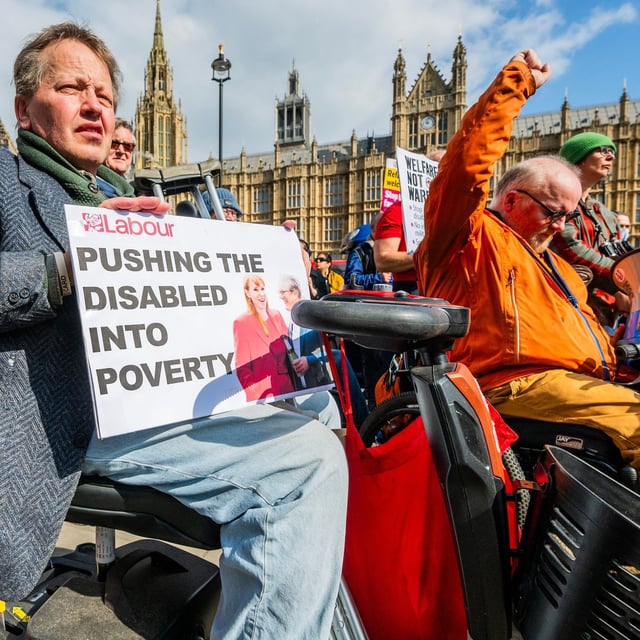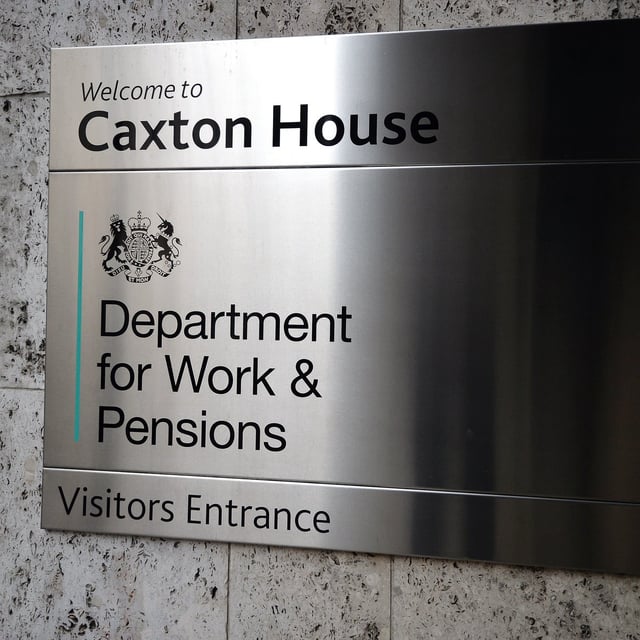Overview
- Labour's proposed welfare reforms aim to save £6.8 billion by tightening eligibility for Personal Independence Payments (PIP) and halving Universal Credit's health top-up for new claimants starting in 2026.
- Internal forecasts reveal 3.2 million families will lose benefits by 2030, with 700,000 already in poverty and 250,000 more expected to fall below the poverty line.
- Research by the New Economics Foundation warns that 800,000 PIP claimants with legitimate needs could lose support, further exacerbating hardship for disabled individuals.
- Protests erupted in Manchester over the limited public consultation process, with campaigners and advocacy groups criticizing the government's approach as exclusionary and harmful.
- Labour defends the reforms as necessary for a sustainable welfare system, but critics warn of political fallout, comparing the cuts to previous controversial policies like winter fuel payment reductions.



